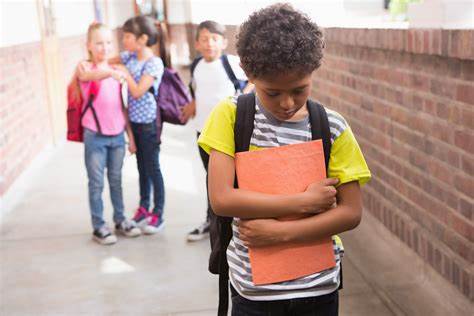Understanding the Impact: How Bullying Affects Children and Their Development

How Bullying Affects Children and Their Development in School
Bullying: A Pervasive Problem with Lasting Effects
As an anti bulling expert, I have witnessed firsthand the devastating impact that bullying can have on children’s development. Bullying, defined as repeated, intentional behavior intended to harm or distress another individual, can manifest in various forms: physical, verbal, and cyberbullying.
Impact on Children
The consequences of bullying are far-reaching, affecting children’s emotional, psychological, social, academic, and physical well-being. Emotional distress, anxiety, depression, and low self-esteem are common. Psychological harm includes increased risk of suicidal thoughts and behaviors. Social problems, such as difficulty making friends, social exclusion, and loneliness, are prevalent. Academic difficulties, including decreased motivation, lower grades, and increased absenteeism, are also observed. Physical health problems, like headaches, stomachaches, and sleep problems, may arise.
Coping Mechanisms and Support
Children who experience bullying often develop coping mechanisms to manage their distress. These may include withdrawal from social situations, aggression, self-harm, or suicidal thoughts. It’s crucial for parents, educators, and mental health professionals to provide support and assistance to affected children. This may involve counseling or therapy to process emotions, develop coping skills, and build self-esteem. Social skills training can enhance communication and interpersonal skills. Peer support groups and mentoring programs can provide a sense of belonging and support.
Awareness and Prevention
Raising awareness about bullying is essential for creating a safe and supportive environment for children. Parents, educators, and community members can contribute to prevention by educating children about bullying, its forms, and consequences. Fostering a positive and inclusive school climate where bullying is not tolerated is vital. Encouraging children to report bullying incidents and providing support to those affected is crucial. Supporting anti-bullying programs and initiatives in schools and communities can help prevent this harmful behavior.
Conclusion
Bullying is a serious issue with devastating consequences for children’s development. By understanding its impact, providing support to affected children, and implementing proactive prevention measures, we can create a bully-free environment where all children can thrive.

